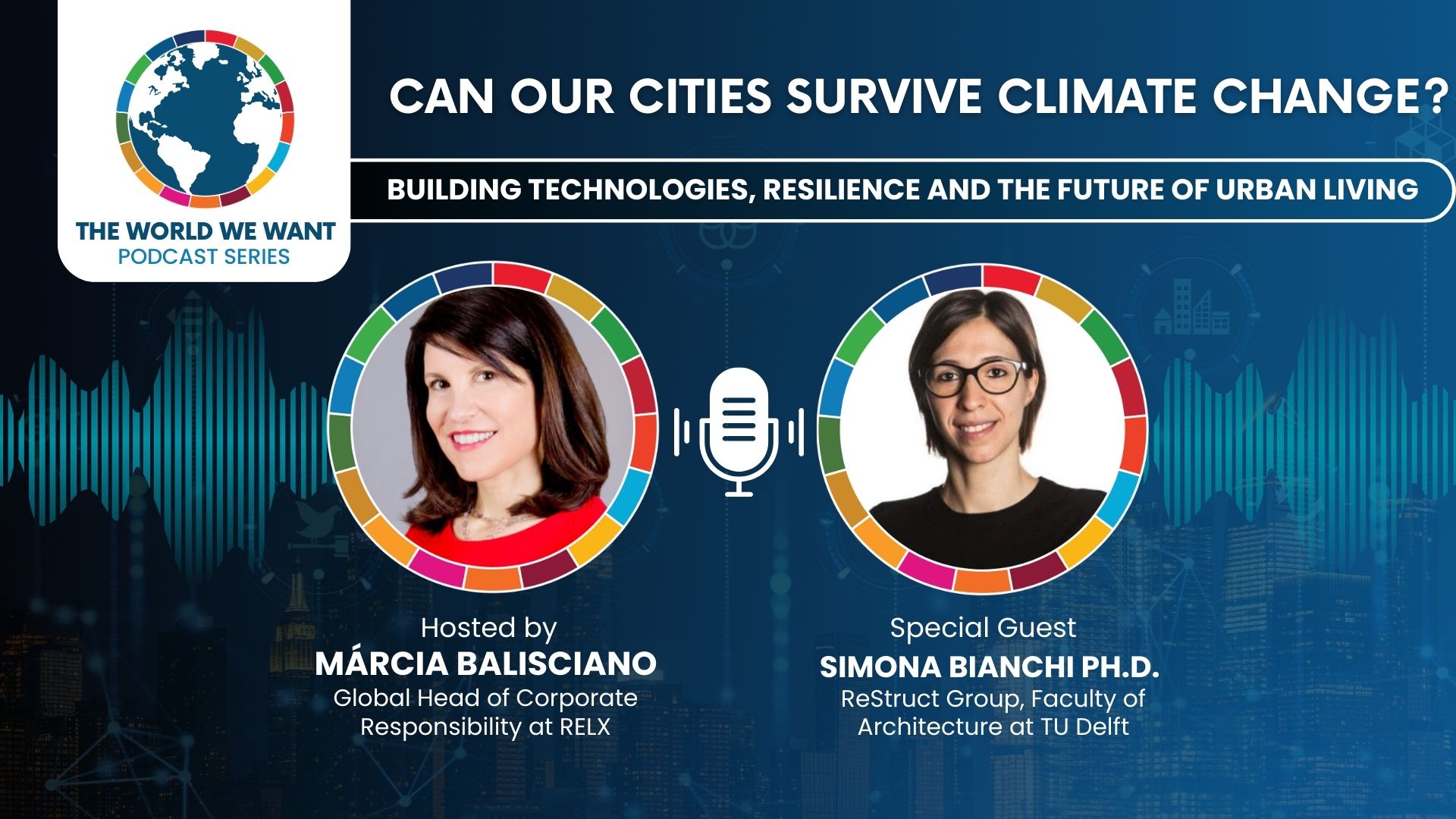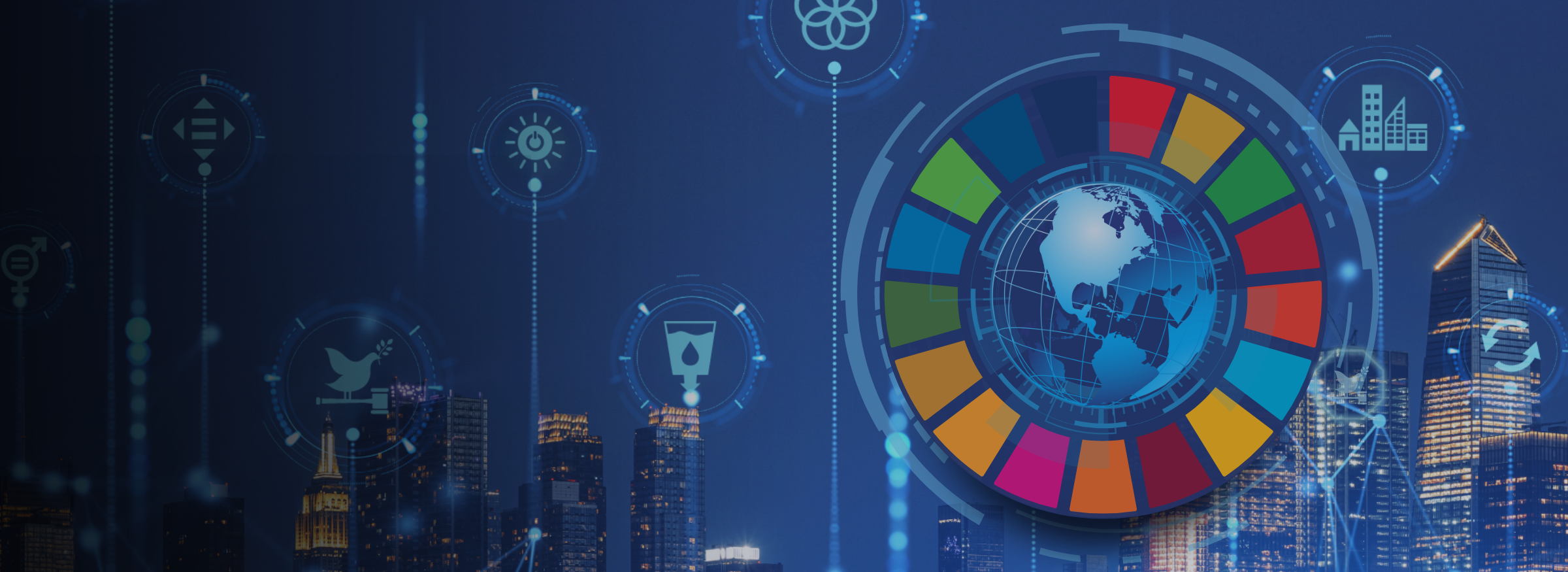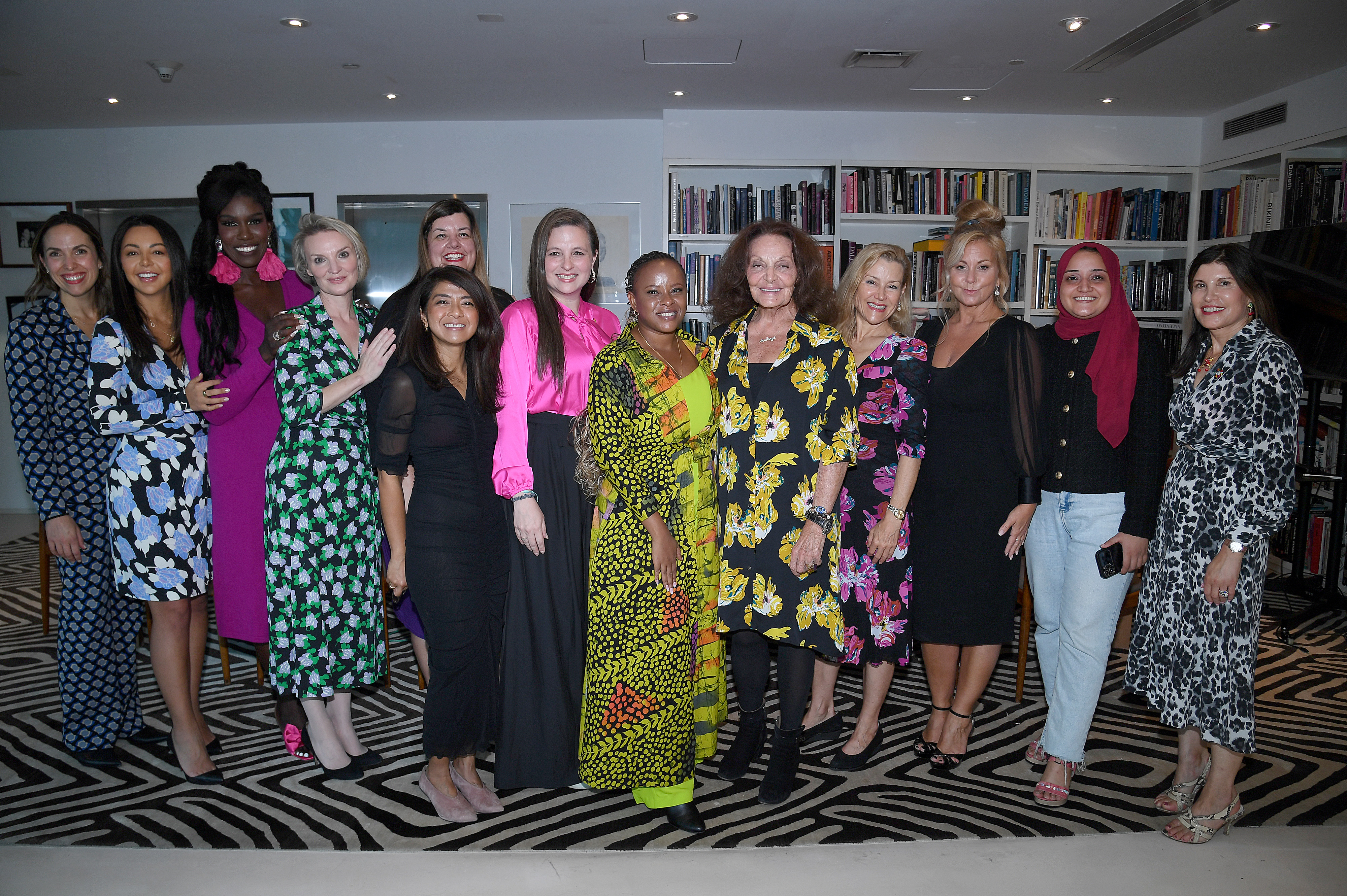In contemporary discourse, sustainable development has cemented its place as a crucial consideration for the welfare of present and future generations. At its core, sustainable development seeks to address the intricate balance between our current needs and the long-term viability of our planet, making it an intricate interplay of economic growth, social inclusion, and environmental protection. This concept advocates for meeting the requirements of the present without compromising the ability of future generations to meet their own needs.
A significant impetus that has propelled sustainable development to the forefront of international agendas is the Sustainable Development Goals (SDGs). Established by the United Nations in 2015, the SDGs are a set of 17 interlinked goals, designed to be a "blueprint to achieve a better and more sustainable future for all" by the year 2030. These goals range from ending poverty, improving health, and ensuring access to quality education to tackling larger systemic challenges like climate change, inequality, and peace.
What's remarkable about the SDGs is not just their breadth but their holistic approach. They recognize that individual challenges are not isolated; for instance, climate action (SDG 13) directly affects life below water (SDG 14) and life on land (SDG 15). Thus, it underscores that solutions must be intersectional, requiring cooperation across sectors, disciplines, and borders. Moreover, the SDGs emphasize the idea that no one should be left behind, echoing the inclusivity pillar of sustainable development.
By highlighting specific targets under each goal and setting a deadline, the SDGs serve as a tangible roadmap for nations to realize the broader vision of sustainable development. The relationship between sustainable development and the SDGs can be seen as symbiotic. While sustainable development provides the overarching philosophy, the SDGs provide specific pathways and benchmarks to actualize that vision. As the world grapples with unprecedented challenges, from climate crises to socio-economic disparities, the fusion of the sustainable development ethos with the actionable framework of the SDGs offers hope. It provides a comprehensive strategy to ensure that growth and progress occur in harmony with our planet's finite resources and the broader well-being of all its inhabitants.
SDGs have been added on Scopus' author profile pages, appearing under the rebranded “Impact” section.
Recognising our customers' exceptional work to achieve the UN Sustainable Development Goals.
This chapter addresses UN SDGs 10, 11, And 15 by discussing the importance of incorporating indigenous knowledge and culture in Arctic development in particular their familiarity with the Artic environment and their ability to manage the natural resources in a sustainable way.
Michael F. Ashby, Chapter 3 - What is a ‘Sustainable Development’?, Editor(s): Michael F. Ashby, Materials and Sustainable Development (Second Edition), Butterworth-Heinemann, 2022, Pages 51-68, ISBN 9780323983617.







